T4K3.news
Colorectal cancer rises in younger adults as screening guidelines expand
New ACS findings link earlier screening to more early-stage detections in adults 45 to 49, with equity gaps still to address.
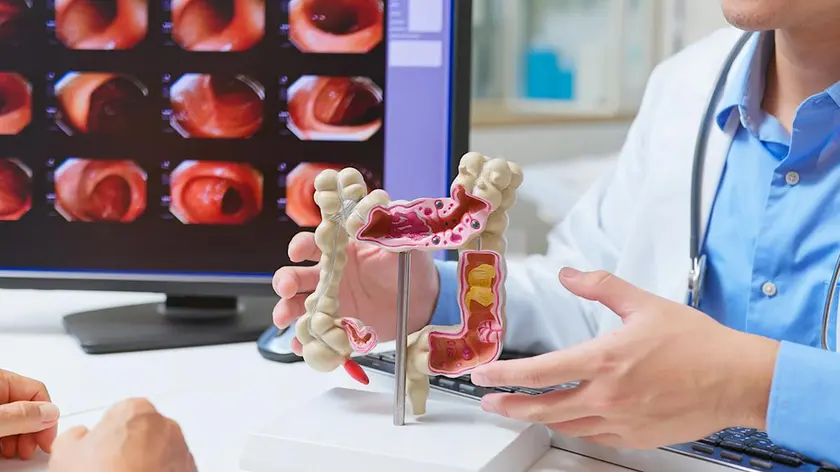
Updated screening guidance lowers the starting age and is linked to more early detections in adults aged 45 to 49.
Colorectal cancer rises in younger adults as screening guidelines expand
New ACS studies show more colorectal cancer diagnoses among adults aged 45 to 49 after earlier screening guidance. In a JAMA analysis, local-stage cancers increased in this age group from 2019 to 2022, with a 50 percent rise from 2021 to 2022. The ACS lowered the recommended screening age from 50 to 45 in 2018, and the USPSTF followed in 2021. A second ACS study reports CRC screening in 45 to 49 rose 62 percent from 2019 to 2023; colonoscopy increased 43 percent and stool-based tests rose more than fivefold.
Key Takeaways
"It is thrilling to see this increase in screening among younger individuals"
Star notes enthusiasm about higher screening rates in 45 to 49
"This study reinforces the need to focus research on causes behind rising colon cancer in younger adults"
Oberstein advocates for more research on causes of increases
"Early detection is crucial because survival improves when cancer is found early"
Comment on the survival benefits of early detection
"The rise in diagnoses for those in their 40s is an alarming reminder that screening must be easier and more accessible to reach the unscreened"
Eagle highlights access issues amid rising cases
This is a policy driven medical trend. Expanding screening has real life value, but it also exposes who gets tested and who does not. Equity in access to screening must be part of the plan so that gains are not wasted on people with already good health coverage.
If the trend continues, the conversation will shift from whether screening is needed to how to fund and deliver it in a way that reaches all communities. The health system will face questions about insurance, education, and how to reach people who are not currently enrolled. The long term impact could be lower late stage disease and higher cure rates if the rollout is inclusive and practical.
Highlights
- Early screening saves lives when it reaches those who need it most
- Equity in access to screening is the real test
- Screening expansion is a start not a finish
- Catching cancer early shifts the odds toward cure
Policy and access risks linked to younger screening
The discussion around earlier screening touches policy, funding, and equity. If not handled well, it could spark political backlash or uneven access.
As screening guidelines evolve, the focus turns to making testing accessible for every adult who could benefit.
Enjoyed this? Let your friends know!
Related News
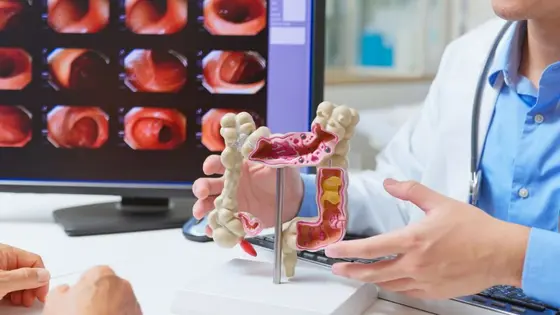
Colorectal cancer screenings expand as cases rise

Rising cancer rates in young women
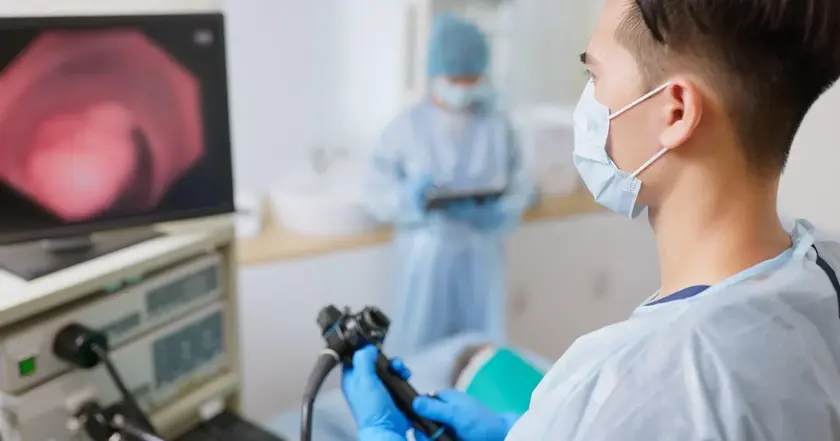
Increased early stage colon cancers reported in younger adults

Young Americans face higher rectal cancer risk
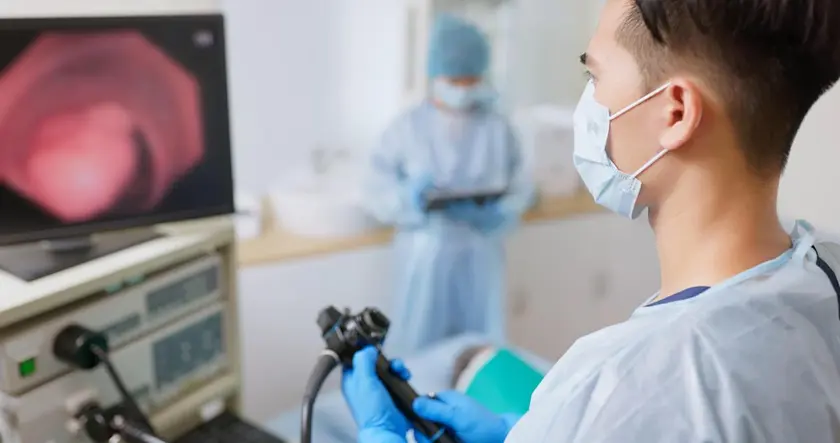
Early screenings rise among 45 to 49

Surge of GI Cancers in Young Americans Confirmed
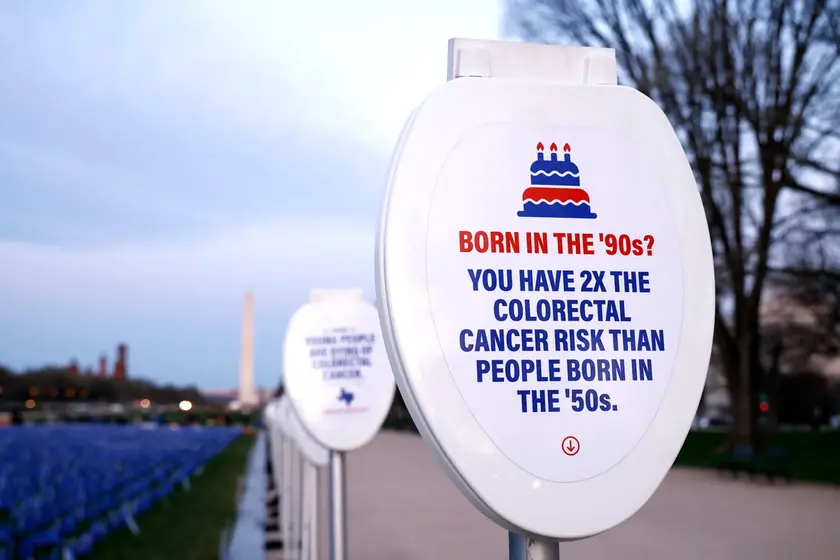
Colorectal cancer rates soar among young adults
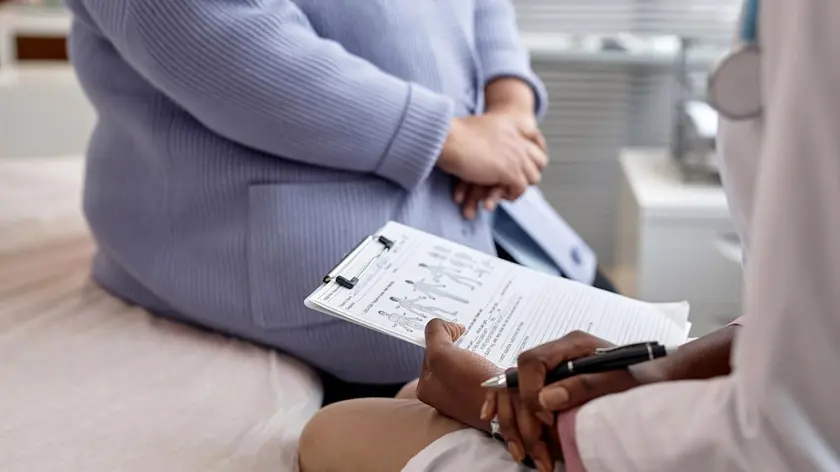
Obesity-related cancer deaths surge in the U.S.
